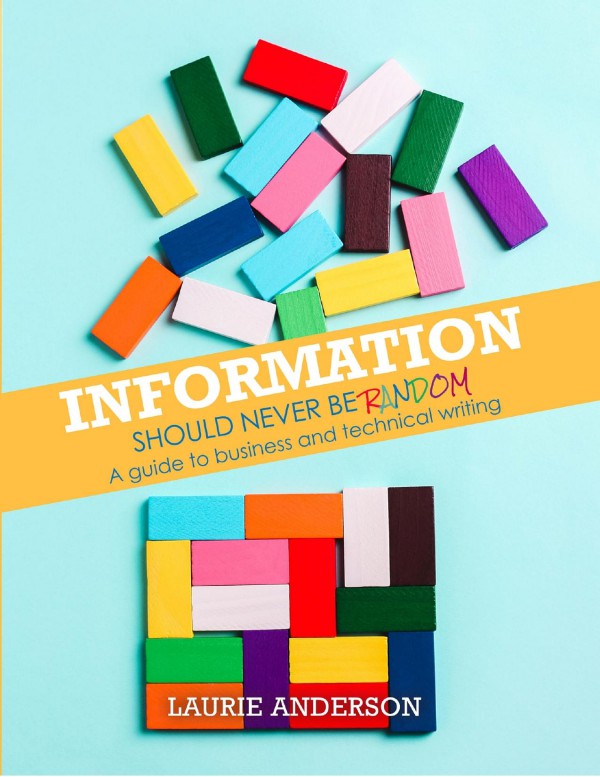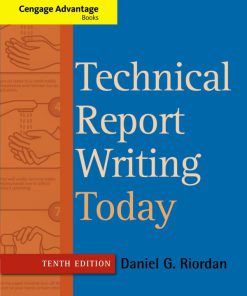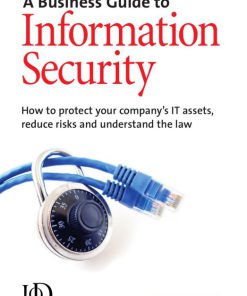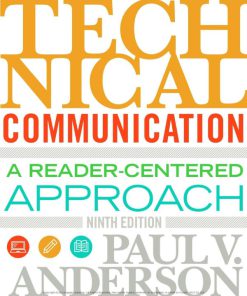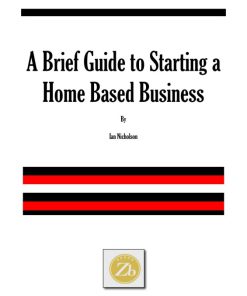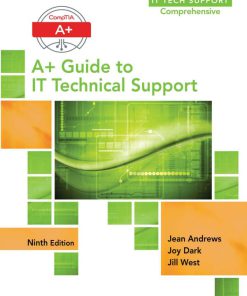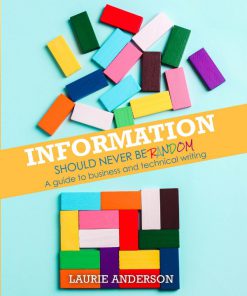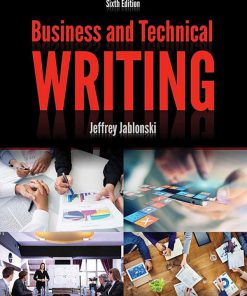Information Should Never Be Random A Guide to Business Technical Writing 1st edition by Laurie Anderson ISBN 1792484887 9781792484889
$50.00 Original price was: $50.00.$25.00Current price is: $25.00.
Authors:Laurie Anderson , Series:IT & Computer [521] , Author sort:Anderson, Laurie , Languages:Languages:eng , Published:Published:Jan 2021 , Publisher:Kendall Hunt Publishing Company
Information Should Never Be Random A Guide to Business Technical Writing 1st edition by Laurie Anderson – Ebook PDF Instant Download/Delivery. 1792484887, 978-1792484889
Full download Information Should Never Be Random A Guide to Business Technical Writing 1st Edition after payment
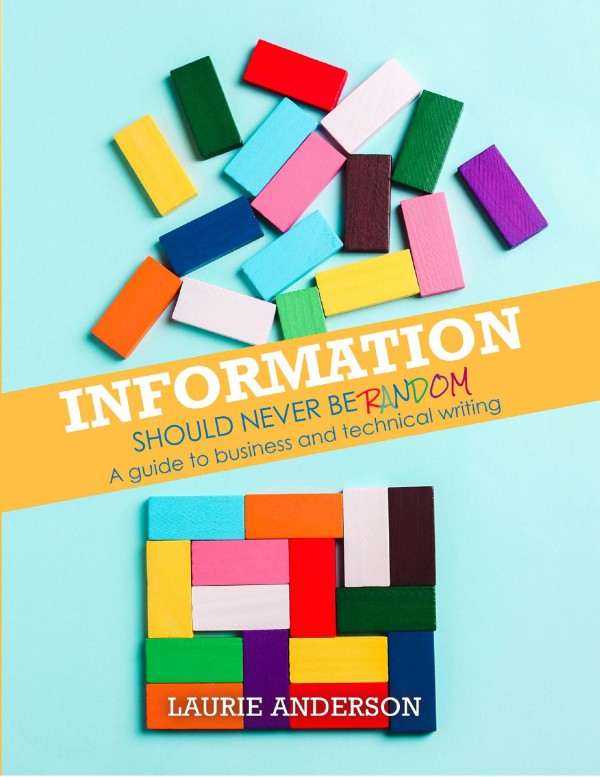
Product details:
ISBN 10: 1792484887
ISBN 13: 978-1792484889
Author: Laurie Anderson
Information Should Never Be Random: A Guide to Business and Technical Writing breaks down that writing process for students so they can capitalize on it and get ahead on the job faster. This book approaches teaching business and technical writing differently than other books. This text separates how information is organized from how the information is delivered to the writer’s audience. This separation makes the application of learning more flexible for any dynamic work setting.
This book takes the lowest common denominator approach and assumes that readers have taken a couple of English composition courses where they learned how to reflect on what they’ve read and communicated those reflections in writing with well-formed paragraphs with tailored topic sentences. Therefore, Information Should Never Be Random: A Guide to Business and Technical Writing includes small sections with well-defined headings. So readers can decide whether they need to read that section to learn its material or whether they already know it and thus can skim or skip it.
Each chapter/section covers the material, includes an example so students can learn by mimicking it, and offers exercises/review questions at the end of the chapter/section that assists in the application of the concepts covered.
The concepts covered in this text include:
- The writing process consists of three stages: prewriting, drafting, revision.
- Assistance in audience analysis.
- The most common patterns of organizing information.
- The various parts of a document that are common, misunderstood, or optional depending on the conditions: introductions, conclusions, abstracts, summaries, tables, and citing other sources’ work.
- The delivery mechanisms of the three common letterforms, memos for internal communications, and email.
- The most common grammar difficulties encountered in business and technical writing.
Information Should Never Be Random A Guide to Business Technical Writing 1st Table of contents:
-
Introduction
- The Importance of Business Technical Writing
- Key Principles of Effective Communication
- Understanding Your Audience
-
Understanding Business Technical Writing
- Defining Business Technical Writing
- Common Types of Business Technical Documents
- The Role of Technical Writing in Business and Industry
-
Writing for Clarity and Precision
- Avoiding Ambiguity in Technical Writing
- Achieving Conciseness without Losing Information
- The Importance of Structure and Organization
-
Audience Analysis and Tailoring Content
- Identifying Your Audience’s Needs and Expectations
- Adjusting Language and Detail for Different Audiences
- How to Write for Both Technical and Non-Technical Audiences
-
Research and Data Gathering
- The Research Process in Technical Writing
- Validating Sources and Ensuring Accuracy
- Presenting Complex Data Clearly
-
Document Structure and Organization
- Organizing Information for Maximum Impact
- Creating Logical Flow and Section Headings
- Using Visual Aids (Charts, Graphs, Tables) Effectively
-
Writing Procedures and Instructions
- Crafting Clear Step-by-Step Instructions
- Tips for Writing User Manuals and Technical Guides
- Visualizing Instructions with Diagrams and Screenshots
-
Creating Reports and Proposals
- The Structure of Business Reports
- Writing Persuasive Proposals for Business and Technical Projects
- Formatting and Presenting Data in Reports
-
Review and Revision
- The Importance of Editing and Proofreading
- Strategies for Revising Documents
- Peer Reviews and Feedback
-
Technical Documentation Tools and Software
- Overview of Tools for Technical Writing (Word Processors, Documentation Tools, etc.)
- Collaborative Writing and Version Control
- Using Online Help Systems and Content Management Systems
-
Writing for the Web
- Best Practices for Web Content and Online Documentation
- Writing for Search Engine Optimization (SEO)
- Web Accessibility and User-Friendly Design
-
Legal and Ethical Considerations in Technical Writing
- Understanding Copyright and Intellectual Property
- Confidentiality and Non-Disclosure Agreements
- Ethical Writing Practices and Avoiding Plagiarism
-
Conclusion
- The Evolving Role of Technical Writing in Business
- Skills and Competencies for Future Business Technical Writers
- Resources for Further Learning
People also search for Information Should Never Be Random A Guide to Business Technical Writing 1st:
information you should never share online
why information should be free
because important information can be hidden within averages
c language random number between 0 and 10
fahrenheit 451 should not be banned
You may also like…
eBook PDF
Business and Technical Writing 6th edirion by Jeffrey Jablonski ISBN 1465289283 9781465289287

